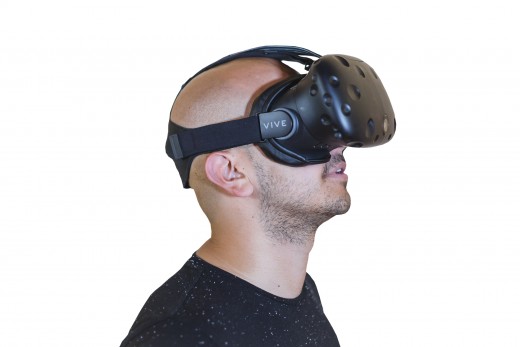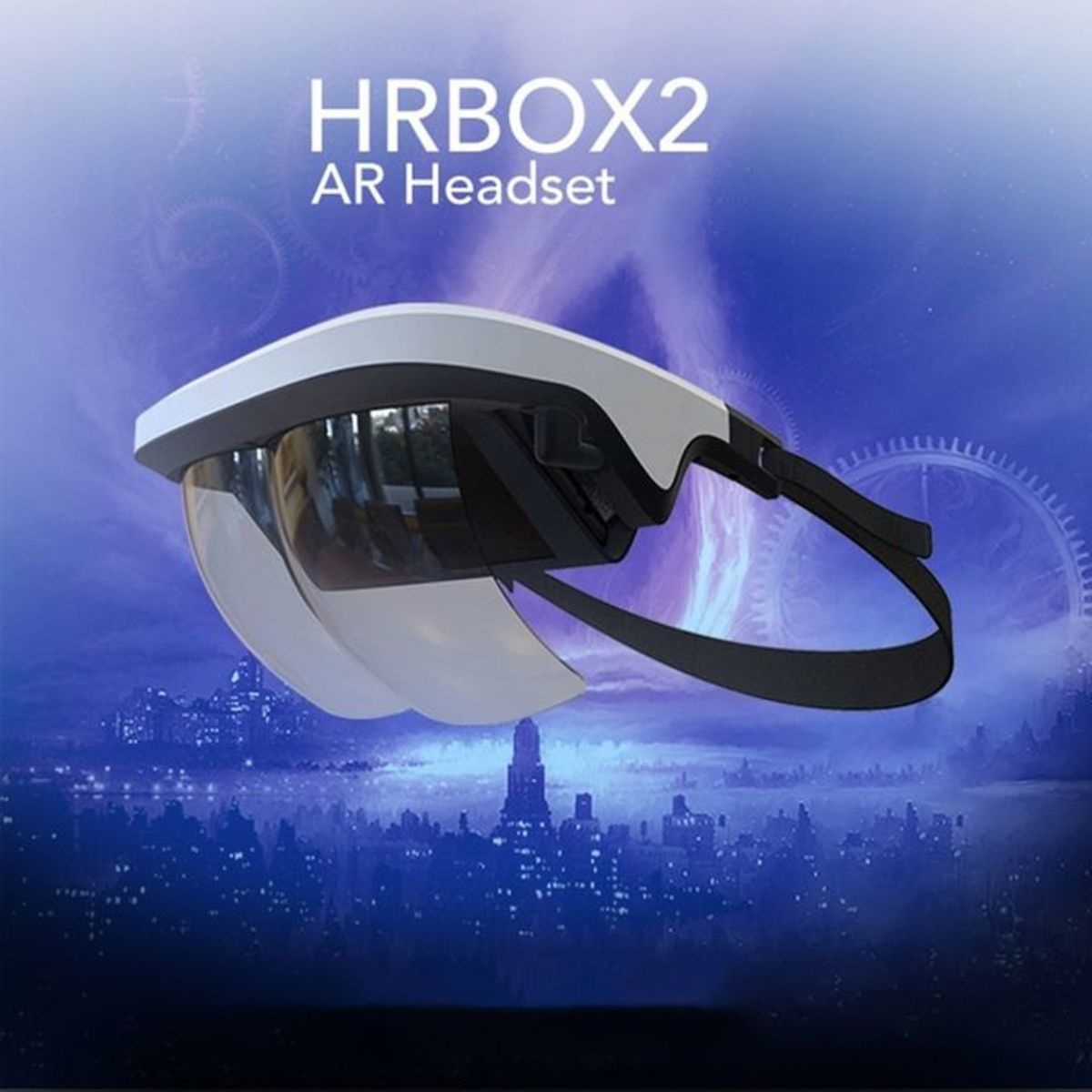Virtual Reality Now

I think that we are very close, very close indeed, but I have an awful feeling that this might be the last of the “failed” attempts, and the next generation (because I don’t think VR is going away) will be successful.
I am currently playing The Witcher 3 on the PS4, and I can’t stop thinking what it would be like in Virtual Reality. Imagine being able to put on a headset and become totally immersed in another world. Walking along the pathway through the forest, looking up to the treetops, watching birds fly around, hearing a pack of wolves preparing to leap from the bushes and attack you.
The only knowledge of the current generation of VR I have is from watching videos of the various systems. There seem to be two models which are the closest to delivering a true VR experience. For VR to become marketable, and to reach it’s amazing potential, it will need to sell an enormous amount of units. It won’t really matter if the tech is good, and the hardware cutting edge, if the units don’t sell, that is the cold hard fact. For VR to truly work it needs to appeal to the masses, not just gamers and tech enthusiasts. It needs to find a niche in the market, that will have everybody wanting one in their home, much like how television, and video recorders, became household items. If this generation of VR can achieve this type of success, then the rest will fall into place. Once there is an established user base, upgrades, new tech, software will follow. They just need that killer app that will appeal to the population to get it started. Perhaps something along the lines of meeting rooms. Imagine if you could put on the headset and find yourself in a nice modern room, sitting in a nice comfy chair, and across from you sitting in a similar chair is your best friend who lives on the other side of the world. You can chat, catch up, play a game. Many of my childhood friends now live all over the country, and I would buy something like this in a second. However, is the technology there to provide this? It would seem from watching videos of the two frontrunners in this VR race, the OCULUS RIFT, and PROJECT MORPHEUS, that the answer is yes.

The Oculus Rift is a VR project which started life as a Kickstarter Campaign. It was designed by Oculus VR, an independent company, which was bought out in March 2014 by Facebook. This move should tell us something straight away. If Facebook are interested in VR, and are willing to invest the amounts that they have, surely they must know something of the potential of the Oculus. With current tech and facebook, maybe we are going to see something like the Meeting room I mentioned before. Imagine, again, that instead of using Facebook in it’s current form to keep in touch with your friends, you now have a VR “room” which your friends have the key to, and can pop in, leave you gifts, arrange meetings. If Facebook developed something like this and had it ready to launch with the headset, they would already have instant customers from their facebook user base. It could literally be an overnight success, selling millions. Oculus have already released two development kits and have said that the next release will be the consumer version and are aiming for a release date of sometime in 2016. Many in the gaming community hate the Facebook acquisition of Oculus and only see it as a negative move for gaming. I, however, think that this is great news for gamers. If the Oculus is a massive success, then games will follow for sure. If it’s not a success, then there may be a few games released for it, but in the long run, as a gaming platform it will fail. It needs to be a commercial success, and have the user base there that will ensure game developers that their customers already have the system.
The other VR project that seems to have the best chance for success is PROJECT MORPHEUS. Project Morpheus is being designed by Sony and it’s to be used in conjunction with their PlayStation 4 console. Sony are taking a different approach then Oculus and marketing their VR system as a games machine, or peripheral. They are counting on their already established PS4 user base as customers. This is a good thing. Sony know that if they deliver a sub par product then PS4 users will simply not buy it. Some gamers are saying that Morpheus will flop just like Kinect did on the Xbox, but I don’t think so. PS4 owners interested in VR must be excited to know that it’s going to be possible to experience VR just by purchasing Project Morpheus and hooking it up to the console. I know I can’t wait and have my fingers crossed that Morpheus will deliver. Sony, like Oculus, have announced a 2016 release date.

Here is what I hope will happen. I hope that both systems do well. I think Project Morpheus will be more successful initially, and establish a market within their PS4 user base. If the games are amazing then it will work. I think that Oculus will grow more slowly and will change the whole facebook setup. I believe that Facebook has already developed this software, and will release it with the Oculus. It seems that while Sony is concentrating solely on the games market, Oculus and Facebook are looking at a bigger demographic. The sky really is the limit for Oculus and gaming is only one application that it could be used for. Teaching, training, socialising, working, the list is endless. Soldiers can be trained on a VR battleground, teachers can take their students on a trip to mars.
Both Sony and Oculus have released some very impressive demos for their respective systems, but it’s almost impossible to judge within a 2D format. However if the reaction of users is anything to go by, then these demos must be something special. I have seen people jumping out of their seats in the Alien Isolation game on the oculus, and people shout in terror in the underwater shark cage demo on the Morpheus.
There are other mobile development company working on VR as well, Microsoft being the largest, but I have not looked into what the behemoth is doing. I have heard rumors of a holoset, rather then VR. Through this headset you would see images overlayed onto the real environment. This does sound very interesting as well, but I will have to have a good look into it.
Many people think that VR is just the latest fad and use the failed attempts at this medium from the past to justify their argument. I really don’t think that VR will fail. As I said in the first paragraph, I have a feeling that this generation may fall short of the true potential that VR has, but at the very least it will be an enormous step for the next generation. The technology is there, or very close to it, for VR to work and be a success. It’s on it’s way, whether that means this generation, or the next generation in ten, twenty years time. It’s coming and the gaming world will only benefit.
© 2018 David Halmore







